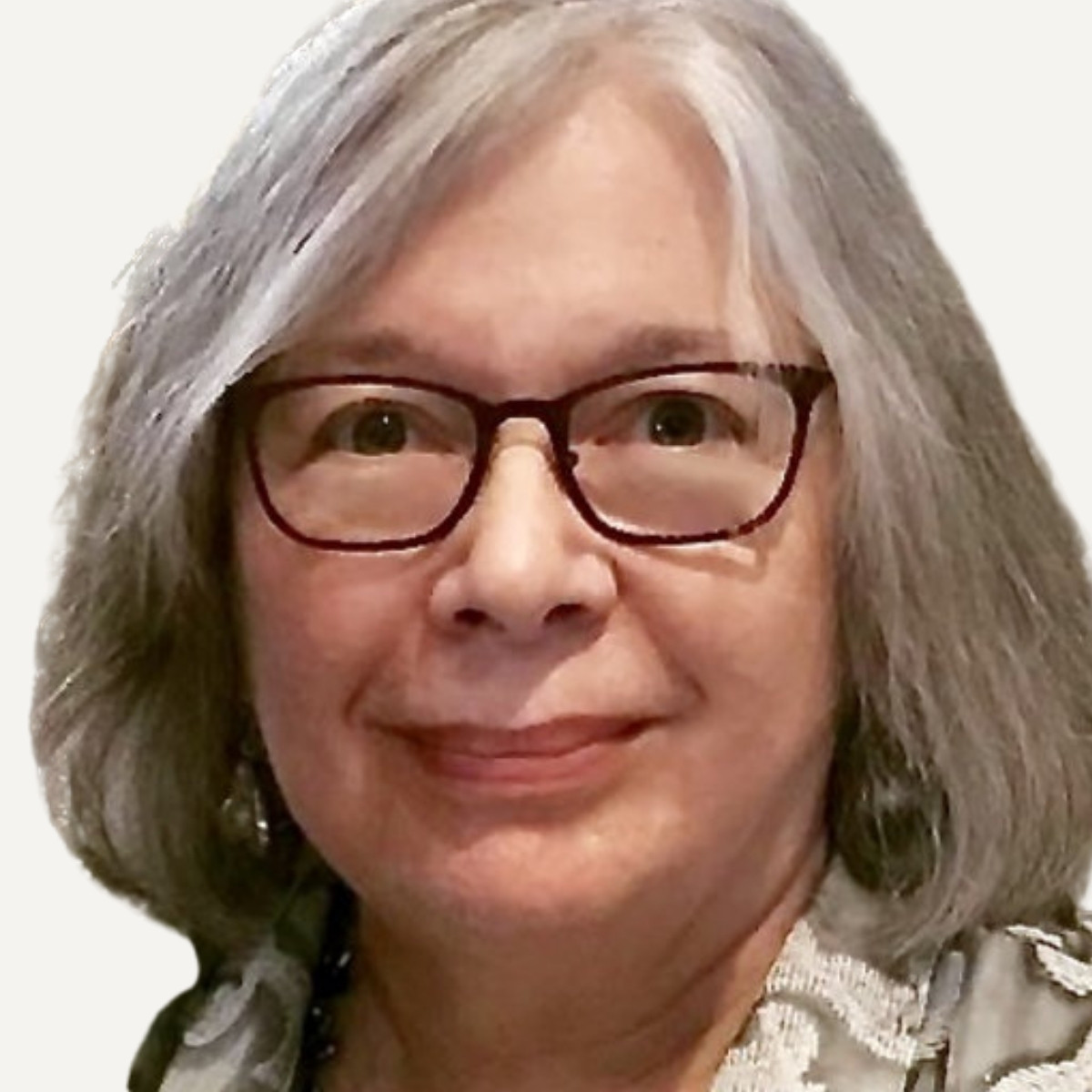
Joan Farrell, PhD
Friday Dec 5th
DELIBERATE PRACTICE A BREAKTHROUGH METHOD TO DEVELOPING SCHEMA THERAPY MASTERY
Deliberate Practice is redefining how therapists build mastery. Just as musicians and athletes refine their craft through targeted, repeated exercises, Schema Therapists can now apply the same science of skill acquisition to clinical training. This session, led by two of the field’s foremost master trainers, demonstrates how deliberate practice turns knowledge into embodied expertise.
Participants will see how Schema Therapy’s most essential micro-skills—empathic confrontation, limited reparenting, and experiential dialogue—can be broken down, practiced, and strengthened through structured feedback and repetition. Using role-play and real-time feedback, the presenters show how small, precise improvements lead to major gains in clinical effectiveness.
This interactive session offers a rare chance to observe deliberate practice in action and to understand how it bridges the gap between theory and transformative therapeutic performance.
Friday Dec 5th
EXPLORING EFFECTIVE GROUP THERAPIES FOR BPD: SCHEMA THERAPY MEETS DIALECTICAL BEHAVIOR THERAPY
Developed in the 1980s, both Group Schema Therapy (GST) and Dialectical Behavior Therapy (DBT) have transformed the treatment of borderline personality disorder. Each has demonstrated strong results in randomized controlled trials, yet their methods, mechanisms of change, and group dynamics differ in meaningful ways.
This presentation provides a clear, research-informed comparison of both models, highlighting when each approach is best suited to a client’s needs. Attendees will gain a practical understanding of the key interventions, emotional regulation strategies, and therapeutic processes unique to each model.
Drawing from decades of clinical experience, Dr. Farrell and Ms. Kim will explore how therapist stance, structure, and theory shape outcomes in BPD treatment. Through case examples and discussion, participants will leave with sharper insight into how both therapies foster emotional regulation, schema change, and long-term recovery.
Thursday Dec 4th
KEYNOTE: 35 YEARS OF THE SCHEMA THERAPY MODEL OF JEFFREY YOUNG
Sustaining the Integrity of the Core Model
How do we protect what makes Schema Therapy work while continuing to evolve? Developed by Dr. Jeffrey Young, Schema Therapy blends cognitive, attachment, experiential, and psychodynamic traditions into one of the most effective models for clients long considered untreatable. As it spreads across cultures and settings, the challenge is to keep its core alive while adapting to new needs.
This session explores the essence of what gives Schema Therapy its power—transforming schemas, healing unmet needs, and using the therapeutic relationship as a force for deep emotional repair. Join us as we honor Dr. Young’s legacy and examine how true innovation begins by staying rooted in the principles that heal.
Thursday Dec 4th
KEYNOTE: THE EVIDENCE-BASED MODEL OF SCHEMA THERAPY BY JEFFREY YOUNG COMPARED WITH EMERGING MODELS
What makes Schema Therapy so effective with clients other treatments can’t reach? In this powerful session, Dr. Joan Farrell and Dr. Paul Kasyanik—renowned researchers, trainers, and international leaders—reveal the evidence that sets Schema Therapy apart. They’ll unpack the landmark trials that proved its effectiveness across complex disorders and examine what happens when new adaptations stray from that research base.
Discover what the data actually show about how real change happens and why the simplicity of Dr. Young’s original model remains its greatest strength. Walk away with renewed confidence in using a therapy that doesn’t just promise transformation but delivers it, session after session.
Thursday Dec 4th
PARTS OF SELF IN SCHEMA THERAPY AND INTERNAL FAMILY SYSTEMS: WHAT IS THE DIFFERENCE?
Discover how Schema Therapy and IFS each understand the “parts” that shape our inner world. While both models explore internal dynamics, Schema Therapy offers a stronger theoretical base and empirical support for lasting change.
Joan Farrell, Ph.D. and Sara Trace, Ph.D. will show how each approach works with complex cases like borderline personality disorder and eating disorders, and demonstrate techniques to foster emotional awareness, integration, and healing.
Learning Objectives:
-
Deepen understanding of clients’ “parts of self.”
-
Apply mode interventions for meaningful change.
Thursday Dec 4th
HIGHLIGHTS FROM THE DAY
Dr. Joan Farrell closes the first day of the Symposium with an illuminating review of its most powerful moments and emerging themes. Drawing on her decades of clinical and research expertise, she will weave together key insights from the day’s presentations—tracing how they deepen our understanding of Jeffrey Young’s core model and its continued evolution.
This session distills the essential takeaways, highlights pivotal advances in clinical application and research, and honors the emotional and intellectual depth that defines Schema Therapy. Dr. Farrell’s reflections provide both integration and inspiration, setting the stage for another day of transformative learning.